Magazine
Ingredient Close Up: What Does Vitamin C Do For Your Skin?

If you are serious about wanting your skin to look its best, you need to start using the right ingredients. A healthy complexion is a handsome complexion.
Learning which ingredients are beneficial for your skin and body will help you look and feel fresh.
While you can get vitamin C from foods like citrus fruits, tomatoes, strawberries, orange juice, and broccoli, vitamin C products can also give your skin a boost.
Unfortunately, most skincare products are formulated with chemicals harmful to your skin rather than premium ingredients designed to enhance a man’s appearance. Particle is different.
All of Particle’s products are specifically engineered for men. Our range of aesthetic products offers the best skincare for men looking to reduce the appearance of wrinkles, relieve irritation, and soften the appearance of their skin.
Our products’ repairing and restoring properties come from carefully designed formulas enriched with nourishing ingredients.
Though it can be tricky to identify which products are beneficial for your skin when you first start your skincare journey, an easy place to start is with vitamins. It is nearly impossible to go wrong with vitamins; they are must-have ingredients to implement into your skincare routine.
Today, we will discuss vitamins that can help improve the quality of your skin when incorporated into your products, with an emphasis on vitamin C.
Vitamin C
Vitamin C provides many health benefits, making it one of the top ingredients for skincare.
Benefits of Vitamin C
Reduce Free Radical Damage
Vitamin C is capable of fighting off free radical damage. Free radicals are unstable molecules that damage skin cells.
Free radicals come from all around us — unprotected exposure to the sun, pollutants in the air, or even natural chemical processes within our bodies.
While it is common for skin to become damaged by free radicals, vitamin C makes it easy to repair.
Age Backwards
Vitamin C is also useful for those looking to combat the appearance of aging skin. When used correctly, the vitamin can eliminate signs of premature aging.
These properties can directly assist with reducing signs of aging, such as the appearance of wrinkles and fine lines, by making the skin more supple. These brightening properties can also help with dark circles below the eyes.
Reduces the Appearance of Hyperpigmentation
Vitamin C can also help hyperpigmentation, making it ideal for men dealing with scarring or age spots. Vitamin C can inhibit the enzymes responsible for converting tyrosine into melanin.
Melanin is the natural pigment that gives our skin and hair its color. By inhibiting the formation of melanin, vitamin C will have the opportunity to soothe redness in the skin caused by acne, dryness, or scarring. In addition to discoloration, vitamin C can make the skin firmer, repairing uneven skin texture.
How Particle Can Help
Vitamin C’s ability to improve your skin’s discoloration and texture is why Particle uses it as an ingredient in its scar gel. Particle Scar Gel is a silicone gel that can improve the overall appearance of scars.
When used twice a day for 12 to 16 weeks, our product will penetrate the skin and increase cell regeneration to improve the color and texture of scarred skin. The gel’s strength comes from its rich blend of oils and vitamins, including Argan Oil, Jojoba Oil, and Avocado Oil.
Particle Scar Gel includes two premium vitamins. The first is vitamin E, which reduces skin damage and keeps your skin calm and hydrated. The second is, of course, vitamin C, which increases the synthesis of collagen and accelerates the healing of your skin.
To apply the gel, first clean and dry the scar area. Then massage a pea-sized amount of the product onto the affected area, covering the entire scar. Do not wash the product off. Instead, allow your skin to absorb the gel.
Other Important Ingredients
Vitamin A
There are two types of vitamin A: carotenoids and retinoids. Both forms can be found as premium ingredients in various skincare products.
Carotenoids are a coveted ingredient for their antioxidant effects. The high antioxidant levels of this type of vitamin A can reduce tissue damage, cell damage, and premature skin aging.
Retinoids are equally coveted for their integral involvement with cell growth and differentiation. The benefits of using retinol include stimulating collagen production and new cells, preventing your skin from drying out, and reducing the appearance of wrinkles and fine lines.
Both carotenoids and retinoids can interrupt the process that breaks down collagen. This can offer you some additional protection against ultraviolet light, preventing sun damage like photoaging.
Vitamin E
Vitamin E is technically a group of fat-soluble vitamins with moisturizing properties and antioxidant properties that can combat the effects of free radicals and fight against irritation. These properties make vitamin E a particularly useful ingredient for anti-aging products.
It can be used to minimize the appearance of scars, fine lines, and wrinkles. Acting as a hydrator that combats dryness, it can help to minimize the appearance of blemishes and provide you with an overall more youthful look. Vitamin E can also protect against sun damage by relieving any burning and itching.
Vitamin E is found in many moisturizers because of its proven ability to nourish the skin and eliminate dryness and flaking. Even Particle Face Cream uses Vitamin E as an ingredient.
Particle Face Cream is a premium 6-in-1 anti-aging cream designed using cutting-edge technology to provide a full facial treatment for men. By preparing the right combination of ingredients, Particle has created a cream that reduces the appearance of wrinkles, alleviates eye bags, removes dark spots, soothes after a shave, and nourishes the skin all at once.
Our face cream contains essential ingredients such as vitamin E, Allantoin, Glycerin, and Shea butter.
Particle Face Cream can be safely applied on all skin tones of all sensitivity levels. Every morning and night after thoroughly cleansing your face, massage a dime-sized amount of Particle into your foreheads, under eyes, cheeks, nose, and chin. Leave a thin layer of the product over the entirety of your face.
Vitamin B
Vitamin B contains many valuable properties that make it a beneficial ingredient for your skin. It can help minimize the appearance of fine lines, balance natural oils, combat blemishes, and improve tone and texture.
Similar to vitamin A, there are different forms of Vitamin B for you to choose from.
Perhaps most commonly used as an ingredient in skincare is vitamin B3, also referred to as niacinamide. Vitamin B3 is most useful for building proteins in the skin and retaining moisture in your skin. It can also increase protein synthesis, keeping your skin feeling firm and supple and assisting your skin with developing its ceramide barrier. This ceramide barrier can minimize redness and protect against skin irritation.
Here are the benefits of the different types of B vitamins:
- Vitamin B1: B1 can be used to aid with irritation and redness, making it ideal for anyone looking to reduce acne.
- Vitamin B5: B5 is capable of helping hydrate the skin. This makes it most suited for reducing redness, swelling, and dryness.
- Vitamin B12: B12 is often used to support mature skin, reduce the appearance of dark spots and uneven skin tone by boosting the appearance of radiance.
Conclusion
In conclusion, investing in products containing premium ingredients can make a major difference in your skin’s health and, in turn, your confidence. If you are looking to improve your skin, vitamins are a great place to start.
Vitamins do not only function as supplements. They can be used as ingredients in skincare products and applied directly to your skin. By choosing quality skincare products like Particle, you’ll be on your way to receiving all the benefits vitamins have to offer.
Sources:
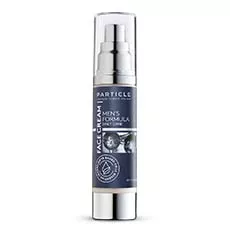
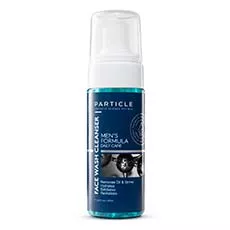
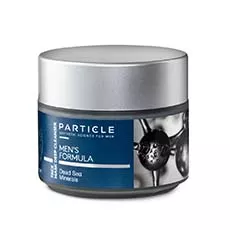
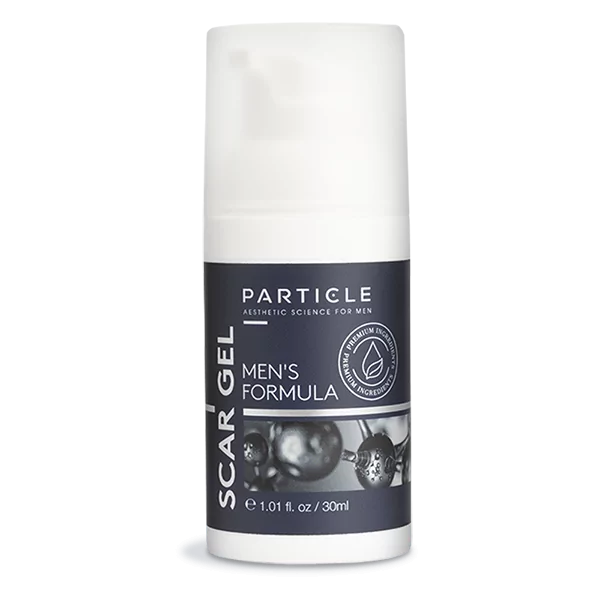
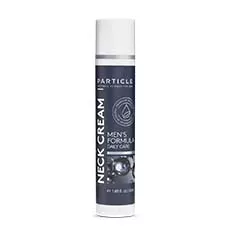
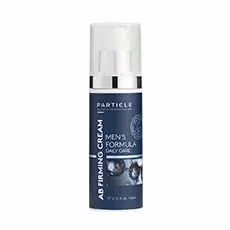
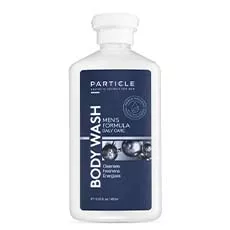
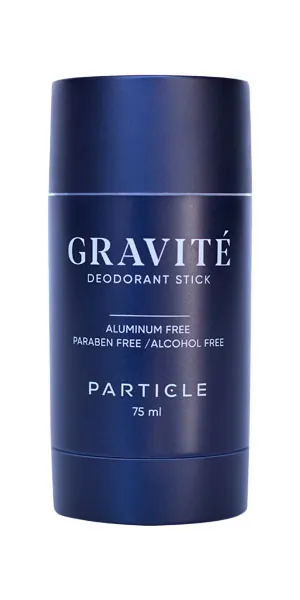
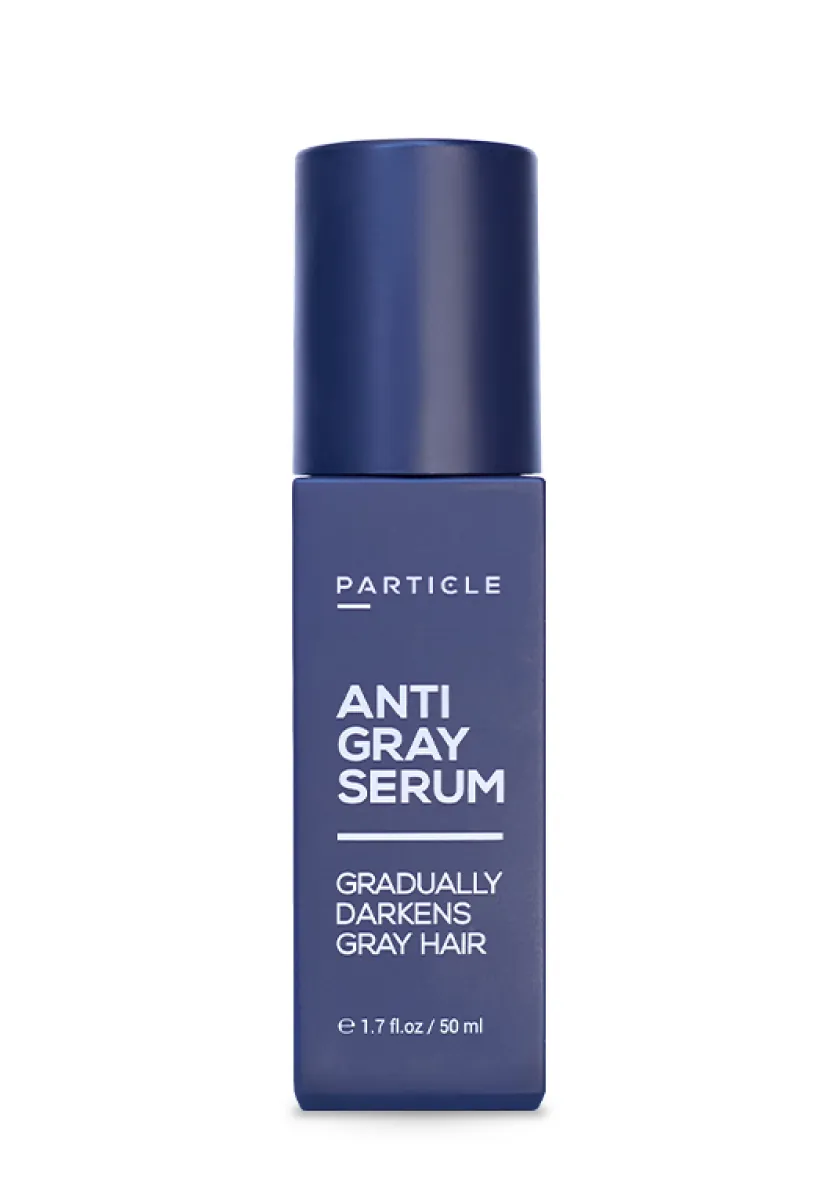
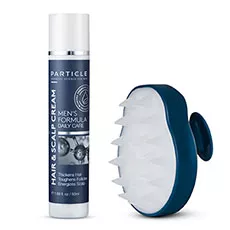
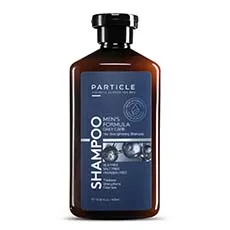
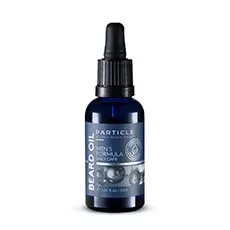
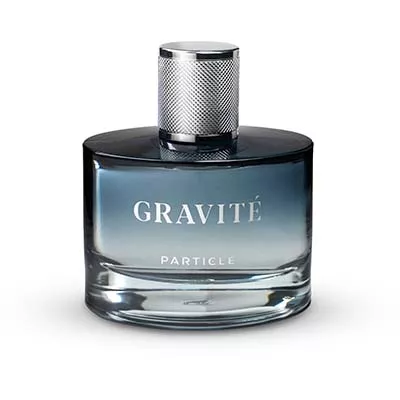

 au
au















